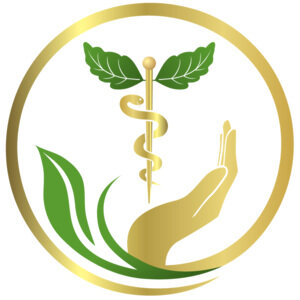Go to Bed
/
Go to bed.
Do you remember your mother saying this when you were a child?
It’s actually a profound piece of wisdom.
As humans, we spend about one-third of our lives asleep. It is, in fact, a necessary third of our lives. When kept awake for more than three days, humans can experience detrimental changes in mental health that may be irreversible. This simply underscores that something truly magical and profound happens when we sleep.
It has been proven that sleep is essential to immune function—it helps prevent strokes and yes, even cancer.
Night shift workers, or people exposed to light at night, have a significantly higher risk of breast, colorectal and prostate cancer.
Sleep is a time when our bodies are hard at work performing three vital life functions: DNA repair, memory consolidation, and lipid and sugar metabolism.
What does DNA repair mean? Well, when we are awake our cells are making duplicates of themselves (called “daughter cells”). Some of these cells make mistakes and their daughter cells are dysfunctional; for example, a cell that wants to live forever or a cell that is fragile or disorganized. When we sleep, our bodies work to repair the mechanisms that make new cells and destroy dysfunctional cells.
Memory consolidation is a complicated phenomenon that relies heavily on sleep. It involves storing information, cataloging it and retrieving it quickly. All this is done within our mind’s conceptual hard drive. While we are awake, our brains are processing entire images in as little as 13 milliseconds and applying meaning to these images. While we sleep, we sort through all of our daytime exposure, or memories, and back up our mind’s hard drive. This expands our memory library and makes us better thinkers: more creative, less foggy, and sharper.
Lipid and sugar metabolism is something we talk about a lot here at Associates of Integrative Medicine. It refers to the way our bodies use, convert and store fats and sugars. Poor sleep habits can negatively affect fat storage and make it difficult to manage the amount of sugar available to cells.
What are the takeaways? Sleep is critical to our wellness; it helps us fight disease, keep our memories sharp, and stay fit.
So, what can we do to help you sleep better? One way is by helping to further educate you. As adults, we must get to sleep by 10 pm for at least 7 hours, preferably 9, in a pitch dark, cold room. We can bundle up, but the room should stay cold. Keeping the room cold not only keeps you asleep for longer, but also boosts powerful antioxidants, called melatonin. The air should be clean—you can use plants or an air filter, which has the added benefit of ambient noise. We should eat a light meal, heavy on protein, at least two hours before bed.
If you struggle with sleep, we have several strategies to help you get the rest you need. For example, we suggest using essential oils such as vetiver and lavender, hydro and physical therapy, and behavioral strategies. When using supplements to help with sleep, we suggest B vitamins, hops, lemon balm, Chinese and Indian herbs (these help your body adapt to stress), valerian root, GABA, theanine, guided visualizations and yes, at times, drug management. What is right for you may not be right for someone else. Like all good medicine, sleep treatment is individualized.
Routine is of utmost importance in getting quality sleep. It takes six weeks to create a habit, and winding down before bed is half of the battle in getting a restful night’s sleep. My personal routine is to shut down all electronics 60 minutes before bed, put my phone in airplane mode, dim the lights in my house, turn on meditation music, take a bath with Epsom salt and essential oils, and journal. I read from scripture just before I sleep and I wear a night mask.
For any questions regarding your sleeping habits, give us a call and schedule an appointment so we can get you to bed sooner.
Now...go to bed!





